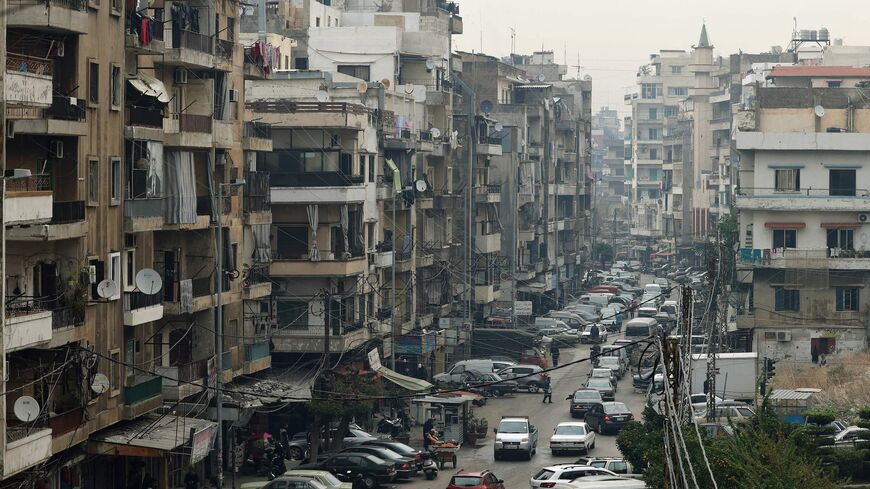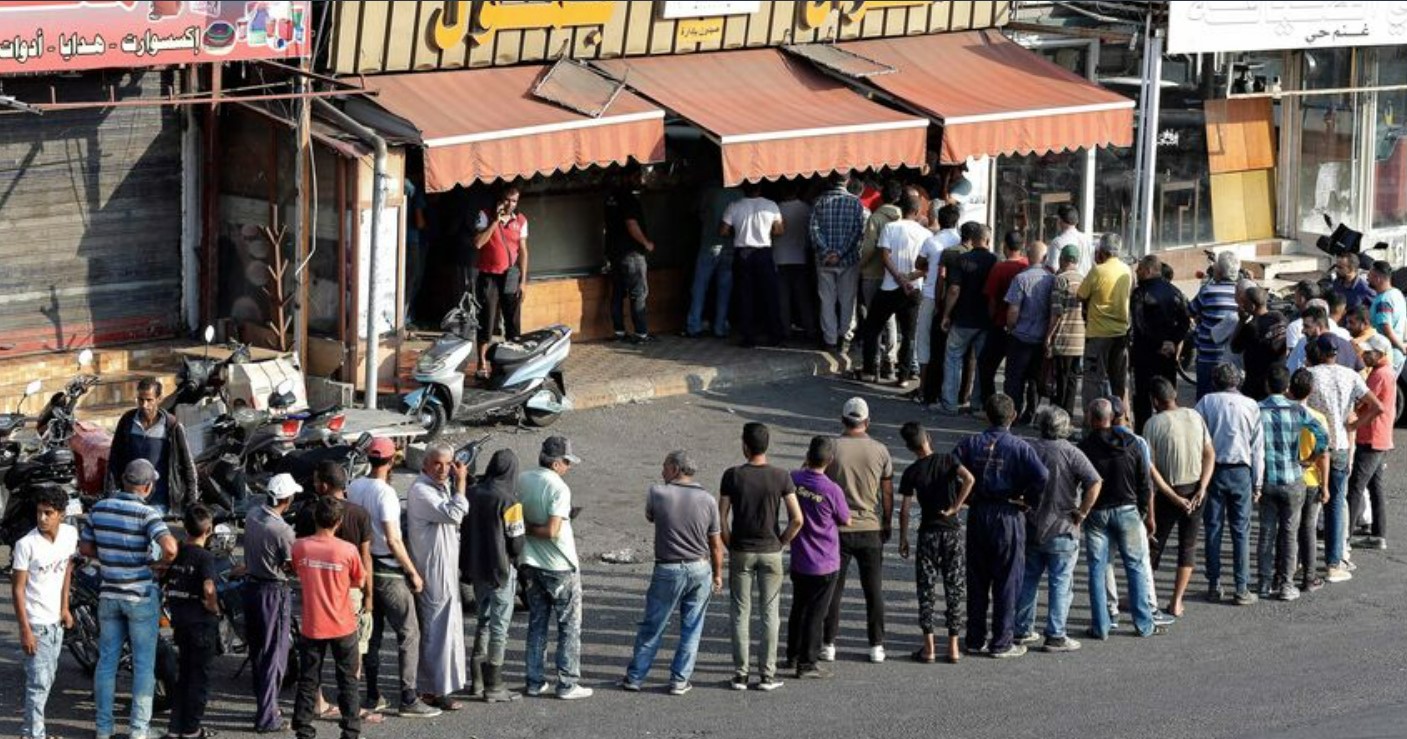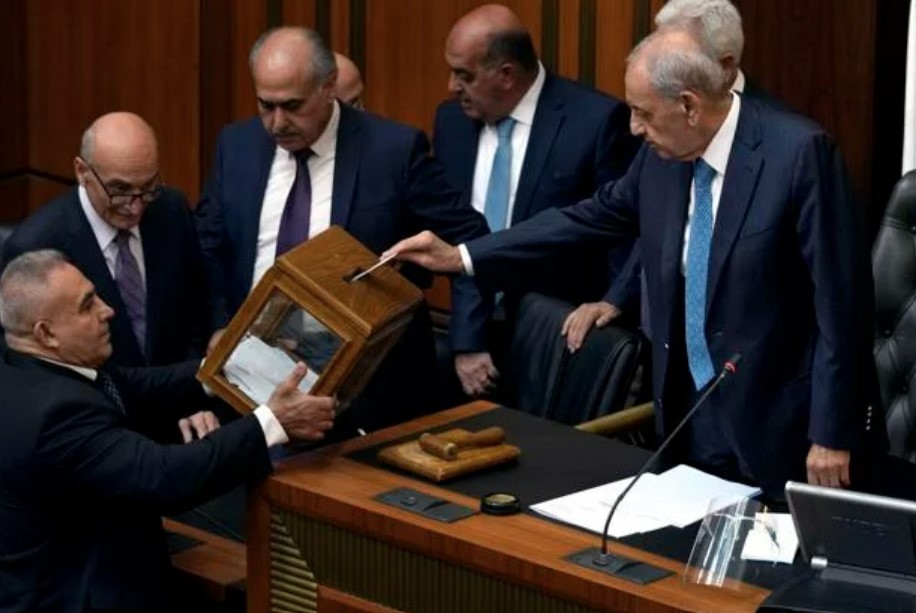
by Cathrin Schaer – dw — Food prices doubled, salaries halved, banks restricting withdrawals: Egyptians now have the same problems as the Lebanese. But if things get worse here, the fallout will be far more damaging. As the value of the Egyptian pound plummets, grocery shopping has changed for many middle-class Egyptians, becoming a strict exercise in currency control. “Instead of buying three kilograms of rice when we go shopping, we just buy a kilo or a half kilo,” explained Ahmed Hassan, 40, an accountant and father-of-three from the Shoubra neighborhood in Cairo. “We’re trying to reduce our expenditures. Unfortunately we can’t limit everything because our children need certain things,” he told DW.
Egypt’s currency has devalued by around one-third since late October and inflation currently stands at over 20%. Some economists suspect it’s even worse than that. They put the unofficial rate — which includes Egypt’s huge informal economy — as high as 101%. Food prices doubled, salaries halved and banks that restrict how much cash you can take out of your accounts: The financial freefall that many ordinary people in Egypt are experiencing today sounds very similar to the catastrophic economic crisis citizens in nearby Lebanon have been dealing with since 2019.
‘Remarkable similarities’ between Lebanon and Egypt
In Lebanon, desperate locals have gone so far as to rob their own banks simply to withdraw their savings, cities have been plunged into darkness as fuel for power stations has run out and the country’s middle class is being pushed into debt. Things haven’t gone that far in Egypt yet. But as the bad economic news keeps coming, some are asking: Could Egypt soon become “the new Lebanon?” “There are remarkable similarities between Lebanon’s now abjectly failed economy and Egypt’s struggling one,” Robert Springborg, an adjunct professor at Canada’s Simon Fraser University, wrote in a 2022 report for the Washington-based non-profit organization Project on Middle East Democracy (POMED). “The consequences of the collapse of confidence in Lebanon have been devastating but they would pale into near insignificance if repeated on an Egyptian scale,” he warned. Egypt’s current economic problems are the result of a number of internal issues — including political unrest, corruption and government mismanagement — which have more recently combined with external crises, like the COVID-19 pandemic, the war in Ukraine and the threat of a global recession.
Economic mismanagement









